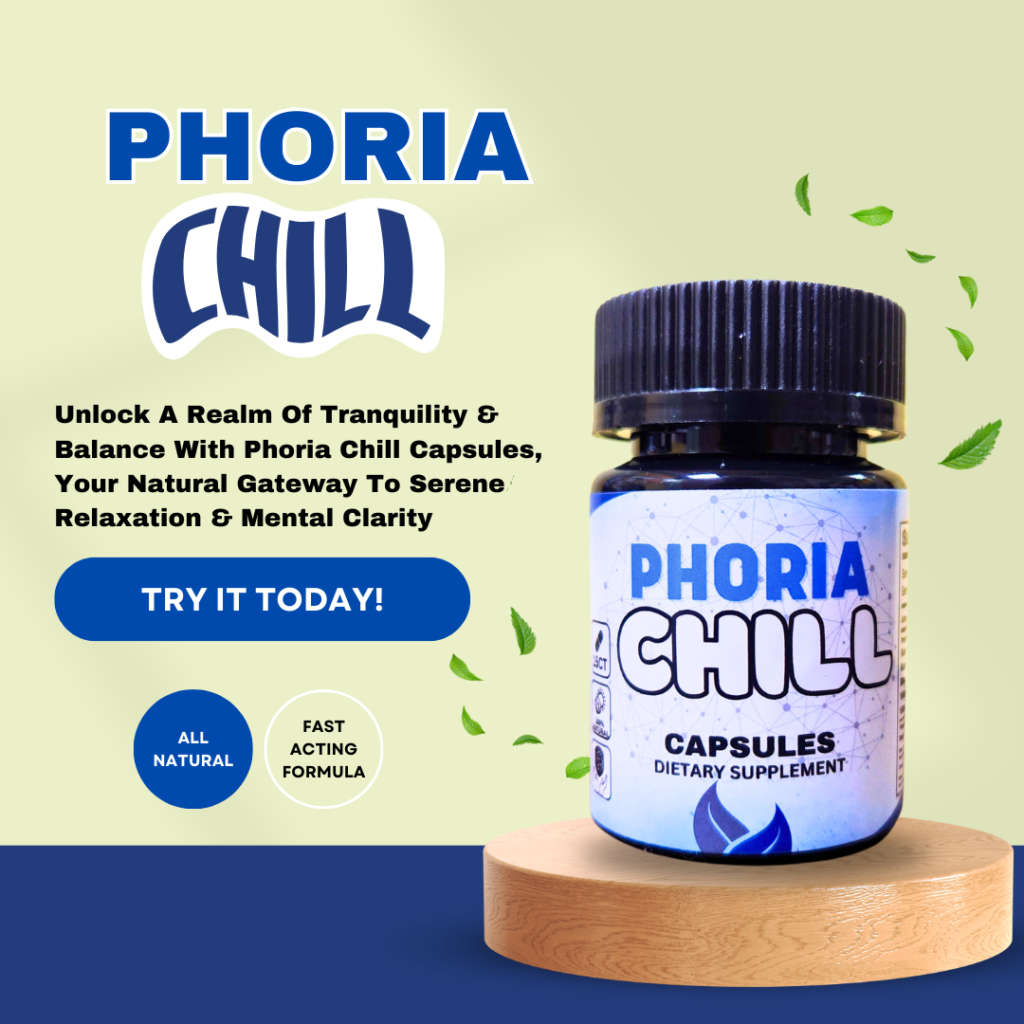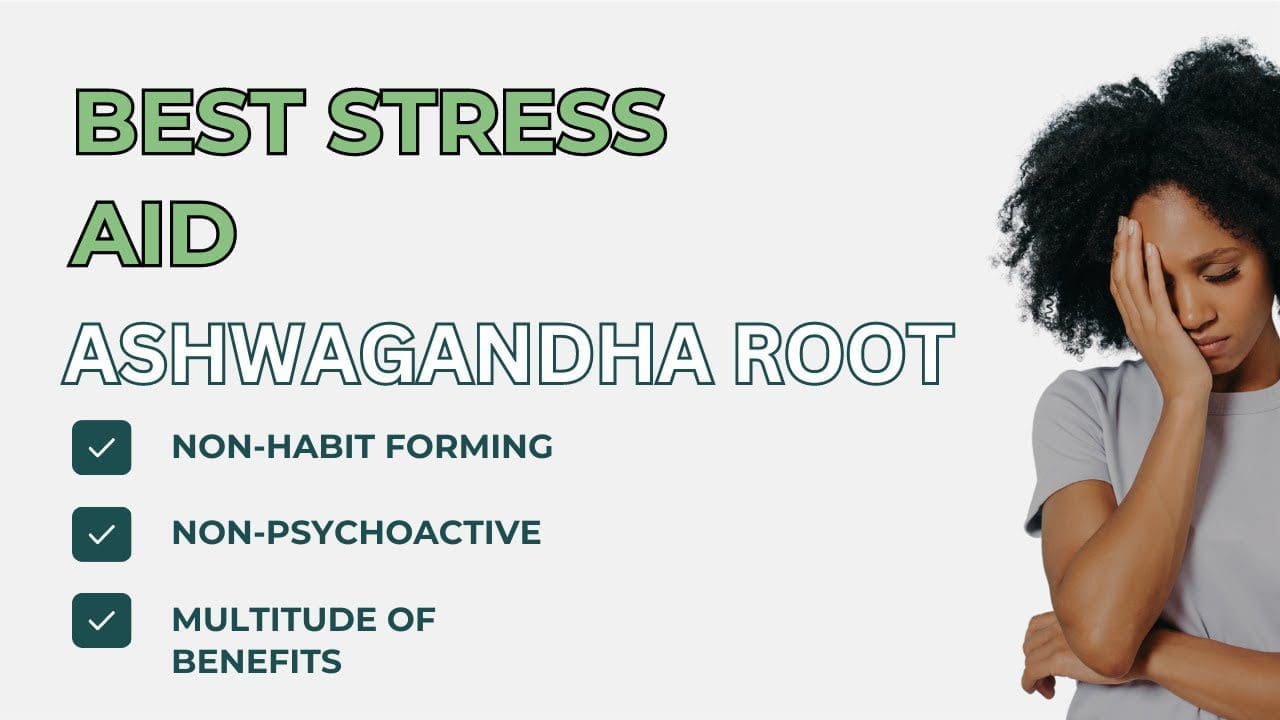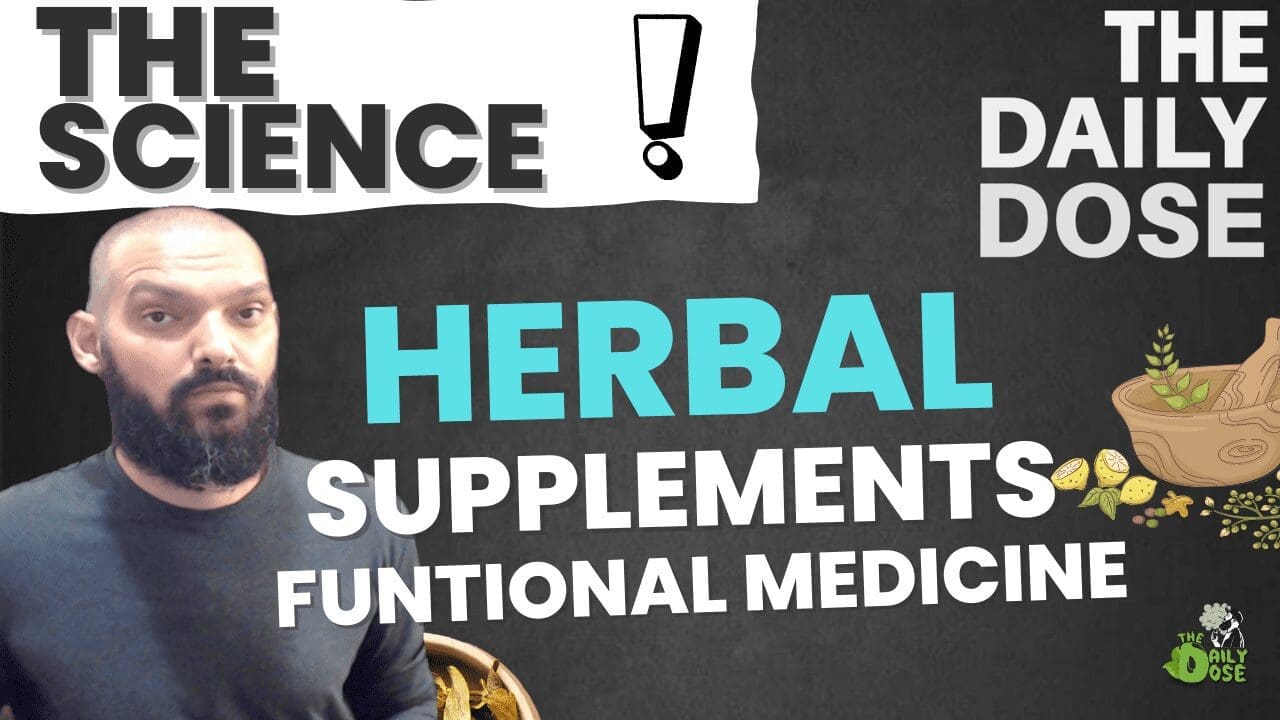Table of contents
The Science Of Herbal Supplements The Basics And Origins
Introduction:
Herbal supplements have been used for centuries to promote health and wellness. As a result, many people turn to these natural remedies as an alternative or complement to traditional medicine.
In recent years, the scientific study of herbal supplements has gained increasing attention, leading to a better understanding of the potential benefits and risks of using these products.
The science of herbal supplements involves researching and analyzing the active ingredients found in various plants and herbs. Many of these natural compounds have been found to possess beneficial properties, such as antioxidant, anti-inflammatory, and immune-boosting effects.

The Data On Herbal Supplements
Through rigorous scientific studies, researchers are working to determine the safety and effectiveness of various herbal supplements. These studies involve testing the supplements on human subjects to determine their potential health benefits, as well as any potential risks or side effects.
While herbal supplements are generally considered safe, it’s important to note that not all supplements are created equal. In some cases, the concentration of active ingredients may vary from one product to another, which can affect its effectiveness and safety.
Additionally, some herbal supplements may interact with prescription medications, so it’s essential to consult with a healthcare professional before taking any supplements.
Herbal supplements are products derived from plants and their parts (leaves, flowers, seeds, berries, roots, or bark) used primarily for their flavor, scent, or potential therapeutic properties. They come in various forms, such as tablets, capsules, powders, teas, extracts, and fresh or dried plants. The science behind herbal supplements involves understanding their bioactive compounds, how they interact with the human body, and the potential health benefits or risks they may pose.

Active Compounds in Herbs
Herbs contain a wide range of natural compounds, including:
- Alkaloids: Nitrogen-containing compounds that can have significant pharmacological effects. For example, caffeine is a well-known alkaloid with stimulant properties.
- Flavonoids: Known for their antioxidant properties, they may help in reducing inflammation and protecting against chronic diseases.
- Tannins: Have astringent properties and can help in wound healing and reducing inflammation.
- Terpenes and Essential Oils: Responsible for the aroma and flavor of many herbs, and can have therapeutic effects.
- Saponins: Have been shown to have cholesterol-lowering properties and may boost the immune system.
Mechanisms of Action
Herbal supplements can exert their effects through various mechanisms:
- Interacting with enzymes and hormones: Certain herbal supplements can alter enzyme activity or hormone levels in the body, thus impacting various metabolic processes.
- Boosting or modulating the immune system: Some herbs contain compounds that can either enhance or modulate the body’s immune response.
- Antioxidant effects: Many herbs contain compounds that neutralize free radicals, which are harmful byproducts of cellular metabolism that can cause oxidative stress and damage to cells.
- Anti-inflammatory effects: Compounds in certain herbs can reduce inflammation by inhibiting enzymes and cytokines that promote inflammation.

Efficacy and Safety
The efficacy and safety of herbal supplements can vary widely:
- Variation in composition: The concentration of active ingredients in herbal supplements can vary depending on factors like plant species, growing conditions, and processing methods, leading to inconsistencies in efficacy.
- Interactions with medications: Herbal supplements can interact with prescription or over-the-counter medications, potentially altering their effects or leading to adverse reactions.
- Quality control: The regulation of herbal supplements can vary by country, with some having strict quality control measures and others having less stringent regulations.
- Research and evidence: Some herbal supplements have been extensively studied and have a substantial body of evidence supporting their use, while others lack rigorous scientific research.
Scientific Research
Scientific research on herbal supplements involves clinical trials, observational studies, and laboratory research to understand their potential health benefits, mechanisms of action, efficacy, and safety. However, the quality and quantity of research can vary significantly among different supplements.
It’s important for consumers to approach herbal supplements with caution, consult healthcare professionals before use, especially if they are taking other medications, and choose products from reputable sources to ensure quality and safety.

Overall, the science of herbal supplements is an exciting and rapidly evolving field. As more research is conducted, we can expect to gain a better understanding of the potential benefits and risks of these natural remedies, helping us to make more informed decisions about our health and wellness.
This growing interest from people and doctors alike is beginning to shape the future of self care, it’s called functional medicine and it’s here to stay. The practice of functional medicine at it’s core is to prevent illness and maximize wellness all around.
The approach takes a closer look at a person’s blood work to understand the deficiencies, depending on the results some circumstances require life style changes while others may need some type of herbal supplement.
FAQs
Herbal supplements can provide a variety of health benefits. For example, some herbal supplements are believed to have anti-inflammatory properties, while others may improve immune function or promote relaxation. It’s important to note, however, that the effectiveness of herbal supplements can vary widely. While some have been proven in clinical testing to have benefits whether that is a little or a lot other supplements may not have any studies at all.
While many herbal supplements are generally considered safe, it’s important to remember that they are not regulated by the U.S. Food and Drug Administration (FDA) in the same way as prescription drugs. This means that the quality and safety of herbal supplements can vary greatly. Additionally, certain herbal supplements may interact with prescription medications or cause side effects in some people. It’s always a good idea to talk to a healthcare professional before taking any new supplement.
Related Articles:
- Understanding Sleep Disorders With Dr. Lucinda Sykes
- Pot Politics: Health and Personal Rights
- Pain Relief Supplements The Ongoing Debate
- Best Supplements For High Blood Pressure
- Boost Vitality Male Health Supplements
Meet The Author





